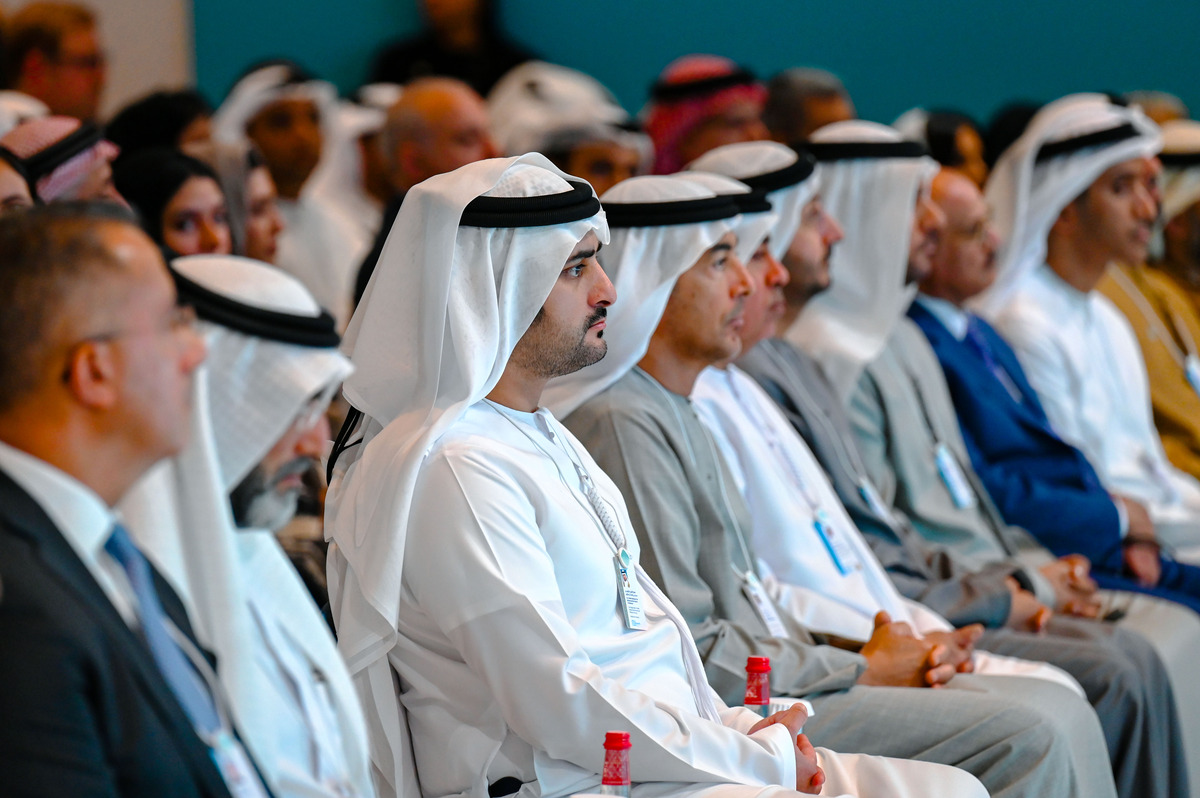Sheikh Maktoum bin Mohammed bin Rashid Al Maktoum, First Deputy Ruler of Dubai, and Deputy Prime Minister and Minister of Finance of the UAE, officially launched the Buna Payment System for the Arab Regional Payments Clearing and Settlement Organization on the sidelines of the World Governments Summit 2024 in Dubai.
How does the Buna Payment System work?
The Buna system provides modern payment solutions that align with international standards, principles, and compliance requirements. Participation in the system is available to all banks and financial institutions that meet the criteria and conditions of participation.
The system enables financial and banking institutions in the Arab region and beyond, including central and commercial banks, to send and receive interbank payments across the Arab region and beyond securely, reliably, cost-effectively, and efficiently. It forms an integrated and specialised system operated by the Arab Regional Payments Clearing and Settlement Organization, fully owned by the Arab Monetary Fund. It provides clearing and settlement services in six currencies, including four Arab currencies, such as the Emirati Dirham, the Saudi Riyal, the Jordanian Dinar, and the Egyptian Pound, as well as the US dollar and the euro.
Read: UAE residents may soon have to pay more for remittances
The system was established in response to an initiative proposed by the UAE during the Council of Arab Finance Ministers meeting, aiming to support economic stability in Arab countries. Abu Dhabi hosts the headquarters of the institution in the building of the Arab Monetary Fund. A total of 108 Arab banks have completed linking with the platform out of 120 banks that have signed the linking agreement. The target is to link with 160 banks before the end of 2024. UAE financial institutions participating in the platform include First Abu Dhabi Bank, Abu Dhabi Commercial Bank, Emirates NBD, Dubai Islamic Bank, Mashreq Bank, and RAKBANK.
Linking financial systems
Sheikh Maktoum emphasised the importance of enhancing Arab cooperation, economic and financial integration. He also stressed on establishing connections with trading partners of Arab countries, directly or by linking financial infrastructure systems with similar systems in various countries. He noted that close cooperation helps to overcome challenges and capitalise on opportunities.
“As a hub for the flow of capital and trade among Arab countries, whose economic standing is increasing on a global scale, the role of the UAE is pivotal in promoting economic integration.”
In his opening address during the launch of the platform, Mohamed Hadi Al Hussaini, Minister of State for Financial Affairs, said: “The UAE’s hosting of the headquarters of the Arab Regional Payments Clearing and Settlement Organization in Abu Dhabi reflects the strategic importance of this institution and the leading role of the UAE as a global hub for trade and investment, especially since 63 percent of the platform’s transactions occurred in the dirham currency.”
He praised the tangible achievements made by the Buna Payments System since it began its operations, as it launched the instant settlement service for cross-border payments. The system is now being viewed as a model that reflects the G20’s directions in developing and improving the efficiency of cross-border payment systems.
To read more stories on banking and finance, click here.








